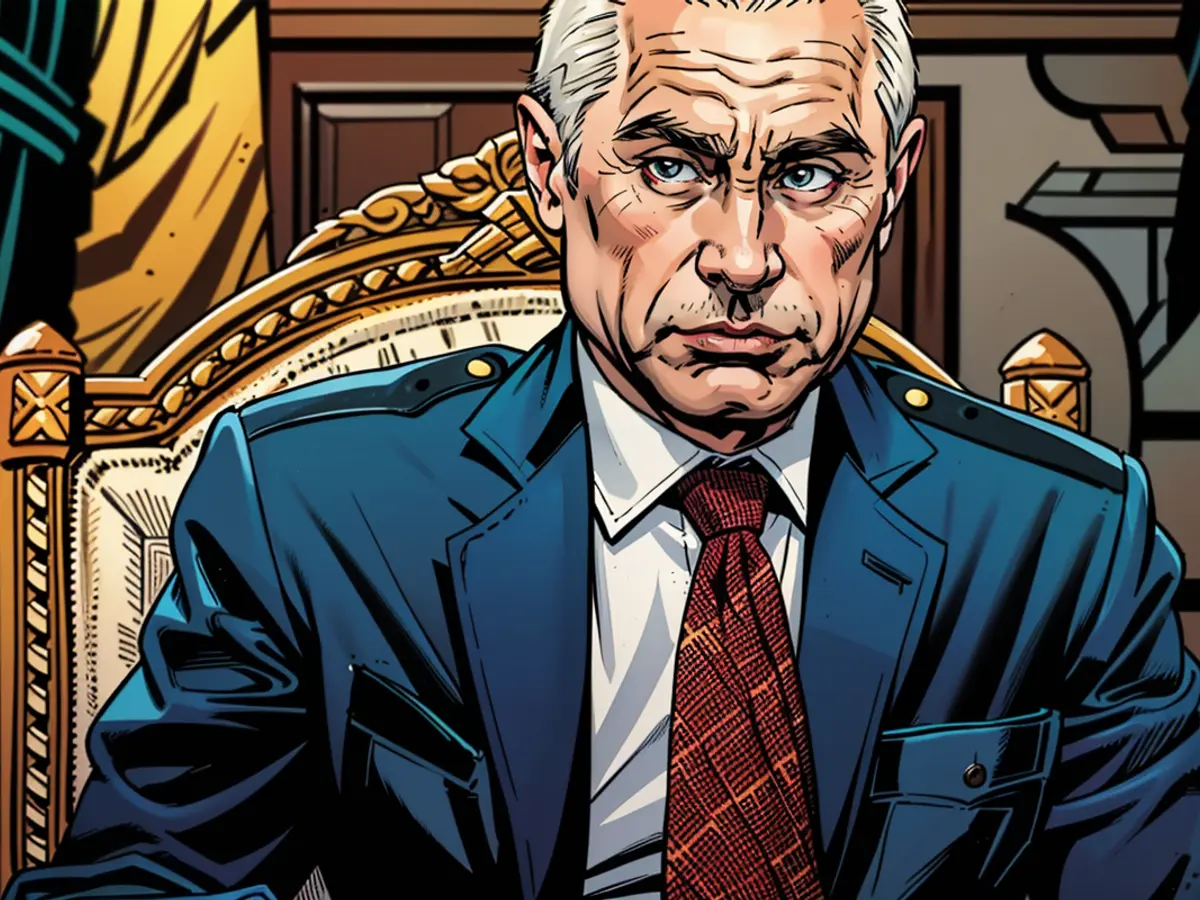- Large prisoner exchange <unk> Moscow releases Kremlin critics
Russia, the U.S., Germany, and other countries have exchanged prisoners, according to Turkey's National Intelligence Organization (MIT). Among the 26 prisoners involved was Vadim K., the so-called "Tiergarten murderer" who was in custody in Germany. Russia, with MIT's mediation, released, among others, U.S. citizens Evan Gershkovich and Paul Whelan, convicted of spying, and numerous Kremlin critics. Also freed was German Rico K., who was pardoned in Belarus after being sentenced to death.
MIT announced that seven planes were involved in the exchange, which took place in Ankara and also involved prisoners in Poland, Slovenia, Norway, and Belarus. MIT organized the deal, describing it as a "historic prisoner exchange."
Among the released Russians were prominent opposition politicians such as Vladimir Kara-Mursa and Ilya Yashin, according to MIT. In return, Russia secured the release of its citizens held in the West.
The exchange had been anticipated for some time, with Russian President Vladimir Putin repeatedly expressing his readiness. Putin has been criticized for using political prisoners as hostages to secure the release of Russians held in Western prisons. The U.S., for example, had insisted on the release of Wall Street Journal reporter Evan Gershkovich, who was convicted of spying.
Putin wanted the "Tiergarten murderer" returned to Russia
Putin had a particular interest in the Russian national imprisoned in Germany. The so-called "Tiergarten murderer" had killed a Georgian national seeking asylum in Germany. Putin publicly supported the murderer, claiming he had eliminated a state enemy. The victim, Putin said, was a "bandit," "murderer," and "bloodthirsty person."
A Berlin court ruled in 2021 that the Russian had assassinated the Georgian in a park in 2019 on Moscow's orders. The man had been on Moscow's radar for years, accused of leading a militia against Russia during the Second Chechen War and being responsible for the deaths of dozens of Russian security forces.
Prominent Kremlin opponents freed
Before the prisoner exchange was announced, there were reports of unusual transfers of political prisoners in Russia. They were apparently brought to Moscow for the exchange. Among the released Russians were human rights activist Oleg Orlov of the Memorial organization and artist Alexandra Skotchenyko.
All are opponents of Russia's war against Ukraine and had received long prison sentences. The West had criticized the verdicts as politically motivated and demanded the release of the prisoners.
Prisoners exchanged despite ongoing war
The newly freed Russians could now hope for honors and political posts, such as seats in the State Duma, upon their return home, according to political scientist Tatiana Stanovaya. She had previously reported that a large exchange was in the works.
Stanovaya said the exchange had to happen quickly because U.S. President Joe Biden wanted to wrap up his term. Putin, she said, was interested in the deal to avoid jeopardizing the U.S. elections. For the Kremlin, this is proof that the Americans can be flexible and practical when they want something. "That means they could also be open to a deal on Ukraine, if they want, of course."
The U.S. and Russia, despite their strained relations in the past, have repeatedly exchanged prisoners. In December 2022, during the ongoing Russian invasion of Ukraine, American basketball player Brittney Griner, convicted on drug charges, was released. In exchange, Moscow received Russian arms dealer Viktor Bout, who had been convicted in the U.S. Upon his return, Bout expressed support for Russia's invasion of Ukraine and is now a politician.
The following prisoner exchange involved the release of prominent opposition politicians in Russia, such as Vladimir Kara-Mursa and Ilya Yashin, according to MIT. Putin had been pushing for the return of the Russian national imprisoned in Germany, known as the "Tiergarten murderer," who was involved in this exchange.








